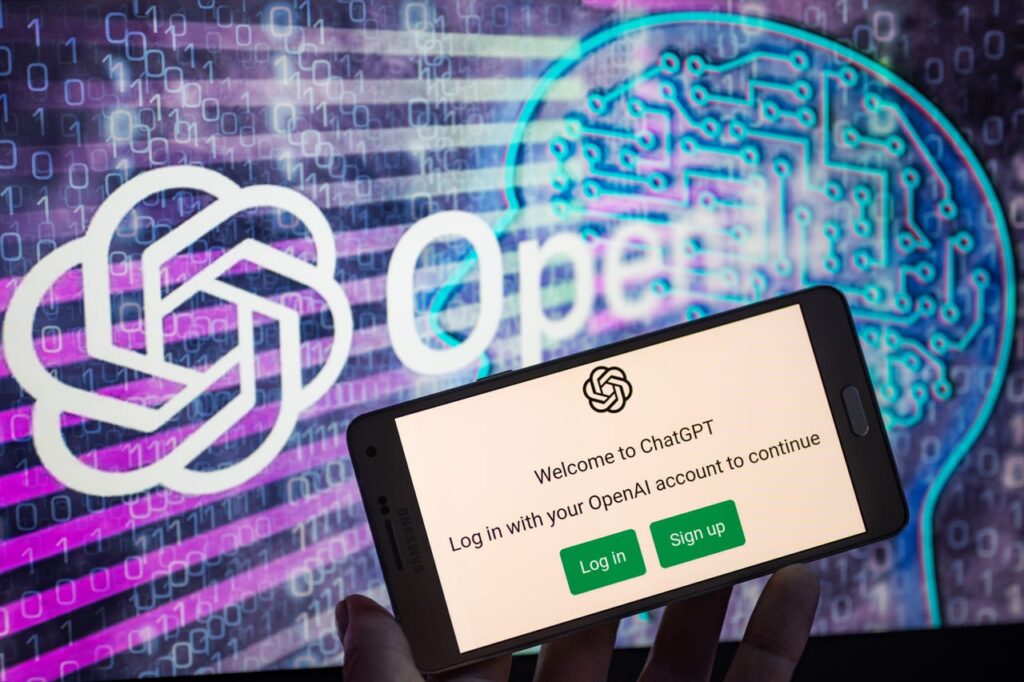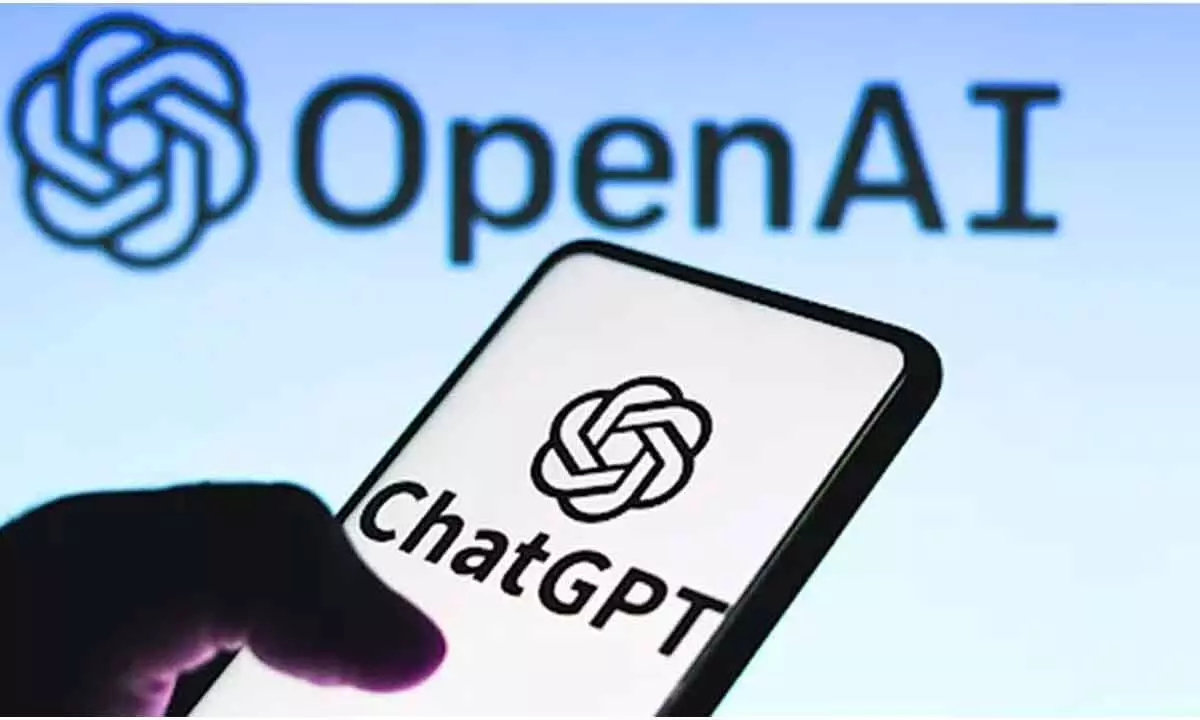In today’s fast evolving digital landscape, responsible AI use is more critical than ever. That’s why OpenAI updating ChatGPT to encourage healthier use is a significant milestone. This update brings a humane, empathetic touch to the way AI interacts with users, ensuring prolonged usage doesn’t come at the cost of mental fatigue, addiction, or unproductive habits.
A Small Change with Big Intentions
OpenAI has recently rolled out a subtle but thoughtful feature, break reminders during extended usage of ChatGPT. Inspired by similar features found on streaming platforms like Netflix or social media services like Instagram, this update aims to gently nudge users toward taking a pause.
While the update might seem minor, its implications are vast. For millions of users engaging with ChatGPT for work, learning, or companionship, the AI’s soft intervention promotes mindfulness something rarely associated with technology platforms until now. We believe this is a necessary step toward ethical AI interaction, said OpenAI in their official update. Encouraging users to take breaks is essential for long term mental wellness.
When Productivity Turns Into Burnout
Consider Sarah, a 34 year old freelance copywriter from New York who uses ChatGPT daily to brainstorm content ideas and optimize her client emails. In her own words. There were days I didn’t even realize I was chatting with ChatGPT for over five hours straight. It became this flow state, but not always in a good way. I’d end the day mentally drained.
After the OpenAI updating ChatGPT feature went live, Sarah noticed the break reminders. Initially, she brushed them off. But eventually, she began using those pauses to hydrate, stretch, or even meditate for five minutes. It may sound simple, she admits, but I started feeling less overwhelmed and more in control. The reminder humanized the experience for me.
The Science Behind Breaks Why It Matters
Taking short, regular breaks during mentally taxing activities isn’t just feel good advice it’s science backed. According to Dr. Emily Nathan, a cognitive psychologist at Stanford University. Our brains aren’t designed for nonstop focus. After 45 to 60 minutes of cognitive work, our attention naturally declines.
Without breaks, productivity plateaus, and mental fatigue sets in. This insight aligns perfectly with why OpenAI updating ChatGPT to include break prompts is a smart move. It’s about aligning AI experiences with human cognitive limits, fostering sustainable engagement.

Not Just a Tool, But a Responsible Companion
ChatGPT has evolved far beyond a basic chatbot. Today, it’s a tutor, collaborator, counselor, and even a friend to many. But with that versatility comes responsibility.
OpenAI’s latest update is a nod to its own understanding of this relationship. By encouraging breaks, the AI isn’t just helping you stay efficient it’s acting as a responsible digital companion, caring about your well being.
We see ChatGPT not as a replacement for human interaction, but as a supplement to it, said Anna Brockman, an AI ethics researcher at the MIT Media Lab. By encouraging healthier use, OpenAI is setting the gold standard for digital well being.
User Feedback A Missing Element That’s Finally Arrived
For years, users have reported both positive and problematic aspects of long ChatGPT sessions. Many enjoyed the flow, but others reported losing track of time, skipping meals, and developing dependency. A Reddit user on the r/ChatGPT subreddit shared, As a college student, I once pulled a 12 hour assignment sprint using GPT.
Sure, I got the paper done, but I was completely fried. I wish there had been a break feature back then. With OpenAI updating ChatGPT to now include these gentle reminders, users feel more supported. It signals a shift from reactive AI to proactive care a major leap in user centered design.
Ethical AI Design in Practice
This change is part of a larger trend known as ethical nudging designing AI interfaces that promote healthier behavior without taking away user control. It mirrors what Apple did with Screen Time or what YouTube does with Take a break prompts. But OpenAI’s implementation is unique because it’s not just passive it learns and adapts.
According to OpenAI engineers, future iterations of this feature may be context sensitive, offering reminders based on emotional tone, frequency of questions, or even time of day. AI should empower, not exhaust, says Jonas Reeve, a lead developer at OpenAI. We’re starting with reminders, but our long term goal is empathetic, adaptive engagement.
Where This Could Lead
The addition of break reminders is just the beginning. Experts believe this opens doors to a much more emotionally intelligent AI future.
Mood tracking: If a user seems stressed or angry, the AI could suggest breathing exercises.
Focus boosting: ChatGPT might prompt short attention resets or productivity techniques like Pomodoro.
Personal wellness dashboard: Future versions might log engagement time and offer weekly insights.
But these advancements must be handled with extreme care. Transparency, data privacy, and user consent must remain top priorities as AI becomes more human aware.
A Human Centered Evolution
The move by OpenAI updating ChatGPT with break prompts might seem minor in the grand scheme of AI evolution. But in reality, it marks a foundational shift from power and speed to care and balance.
In a digital world where more is often seen as better, this step encourages a rare pause. A moment of breath. A reflection. And in that pause, OpenAI reminds us that AI doesn’t just need to be smarter it must also be kinder.
With OpenAI updating ChatGPT to include healthier use reminders, we’re witnessing a conscious evolution in the AI user relationship. This is not about controlling behavior, but gently guiding it toward sustainability.
The future of AI isn’t just about innovation it’s about intention. And this small yet meaningful update proves that the most powerful technology is one that knows when to step back and let you breathe.
